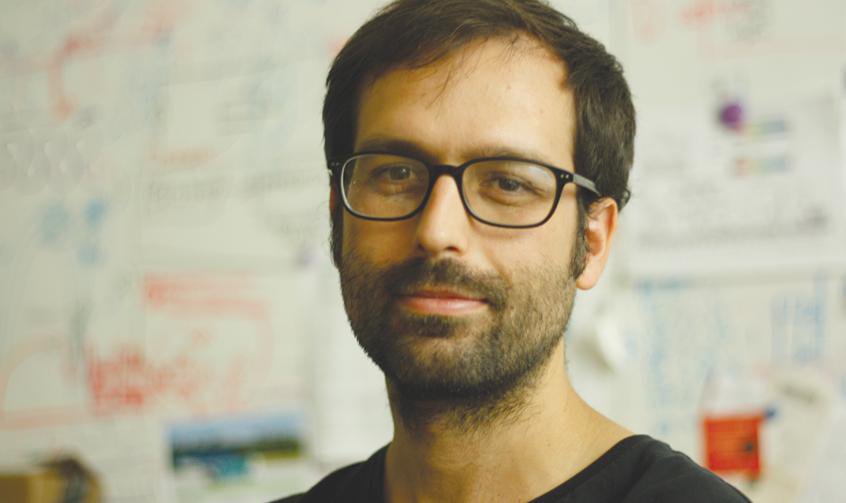Biotechnology & medicine
Carlos Castro
His non-invasive, white blood cell count device protects cancer patients receiving chemotherapy
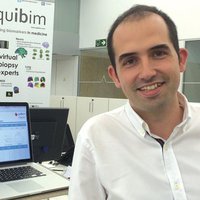
Europe
Ángel Alberich
More objective and precise diagnostics using algorithms to process medical imagery
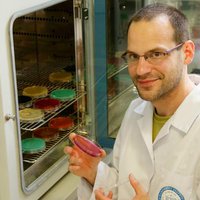
Europe
Tomasz Wolkowicz
His test to confirm Ebola diagnoses is faster and cheaper than the current alternatives
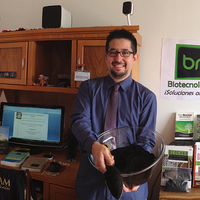
Latin America
Ramón Bacre
His biotech fertilizer fights climate change
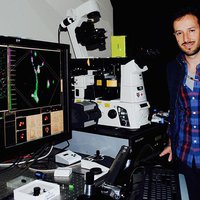
Latin America
Maier Steve Avendaño
His high definition, fluorescent microscopy techniques can be used to observe molecules separated by a mere five nanometers
